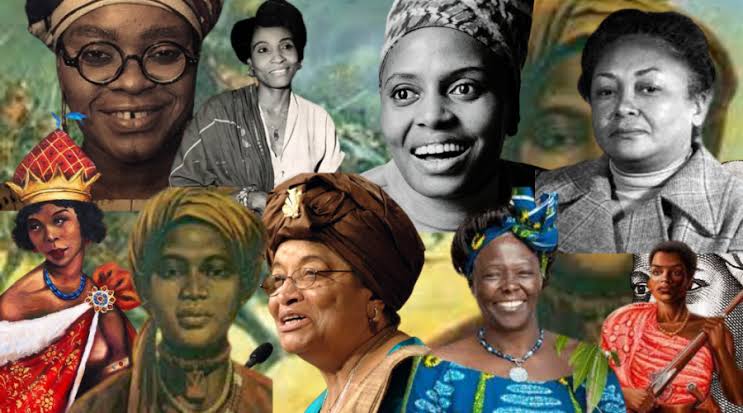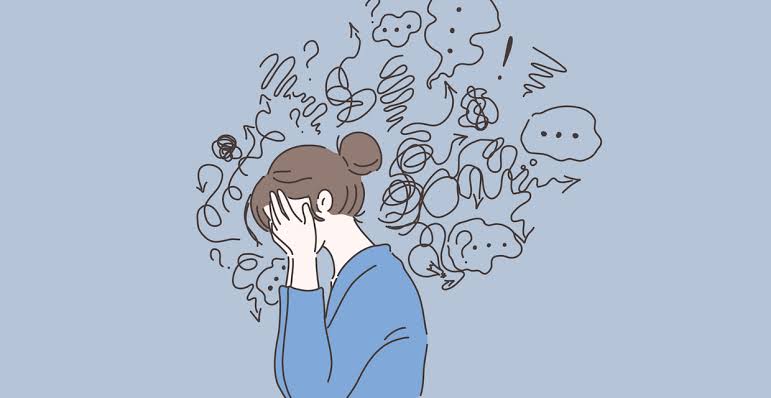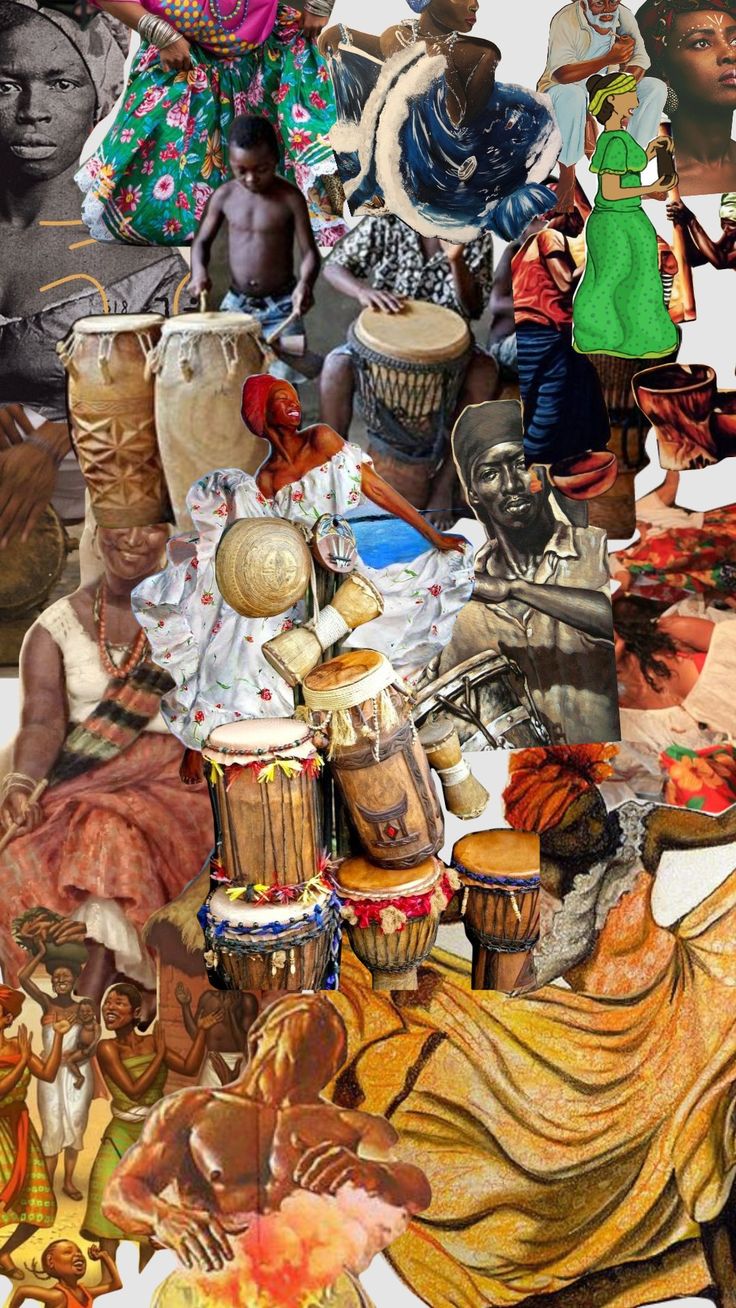Words Matter To People Living With Cancer. Here's How Verbal Microaggressions Affect Their Mental State
(MENAFN- The Conversation) Such remarks may sound commonplace and are often not intended to cause harm. But for people living with cancer, they can affect mental well-being and undermine self-esteem . These kinds of comments are commonly referred to as verbal microaggressions .
Verbal microaggressions are harmful because they can erode confidence , reinforce internalised stigma, and and make it harder for patients to trust in their recovery.
Such comments come not only from strangers but also from friends, family, and colleagues , who may also say things that can cause distress or lead to lasting emotional effects .
Verbal microaggressions look like
In a study conducted in Hong Kong , we interviewed twenty-two women diagnosed with cancer. Drawing on these findings and the lead author's personal experience as a cancer survivor, we identified six common forms of verbal microaggression:
Cancer treatment often causes physical changes like hair loss, fatigue, and significant weight loss. Many patients struggle to accept these changes and try to hide them .
Sadly, these changes often lead to hurtful comments, such as:
Instead of offering support, these comments can make people feel more insecure and more isolated from others.
Avoid commenting on changes in a cancer patient's appearance. 9nong / Shutterstock
Cancer patients often struggle with big questions like“Why me?” and“What did I do to get cancer?”
But when others ask similar questions, it often adds pressure. Some participants in our study said they avoided social interaction to escape such conversations .
One participant said:
Another noted:
Yet a 2024 study in Healthcare warns that withdrawing from social contact can negatively affect both physical health and mental well-being.
A cancer diagnosis and treatment often lead others to question whether a person can continue working. One common example:
Though this may sound like concern, it can undermine confidence and make patients feel less hopeful about recovery.
Some believe that cancer inevitably shortens life expectancy - a perception often reinforced by media. This can prompt comments such as:
While the sentiment may be kind, the implied message is:
These comments trigger anxiety. Participants in our study linked such remarks to sleep difficulties, panic, and heart palpitations.
Encouraging cancer patients to spend more time with their family can, in fact, be distressing. Tirachard Kumtanom / Shutterstock
The American Cancer Society clearly states that cancer is not an infectious disease . However, several patients described experiences where others avoided them out of fear , as though cancer were contagious.
One woman shared that someone once said:
This kind of remark implies fear of transmission and can be particularly hurtful when it comes from someone close.
Patients often find shallow empathy unhelpful. For example:
Many say that unless someone has experienced cancer personally, they cannot fully grasp what it feels like - so comments like this often come across as insincere.
Build a more inclusive environment
Cancer causes both physical and emotional strain . Patients often become more sensitive to what others say, and over-analyse social interactions. To help minimise the damage caused by verbal microaggressions, both patients and their communities can take action:
Connecting with other cancer patients helps build a sense of understanding and acceptance.
Cancer is only one part of a person's life. It doesn't need to dominate every conversation. Many participants appreciated talking about everyday topics.
They also found strength in supportive words - especially from fellow patients - such as:
Building connections with fellow cancer patients can increase feelings of understanding and acceptance. Nattakorn_Maneerat / Shutterstock
Cancer can create serious financial uncertainty . Patients often worry about their ability to return to work or remain employed.
Patients should feel empowered to speak with their employers. Employers and colleagues, in turn, should foster an inclusive environment, provide practical support, and ensure that the rights of cancer patients are upheld.
Those without experience of cancer should avoid comments that, while well-meaning, may cause harm. For instance:
or
Even mild remarks, when made without care, can cause distress.
We are all capable of unintentionally saying the wrong thing. Being more thoughtful and avoiding these examples of verbal microaggression can make a significant difference in how people with cancer experience social interactions.
By becoming more mindful of our words, we can help reduce the impact of microaggression and create a safer, more inclusive environment for everyone.
This article was originally published in Indonesian, translated into English with the help of machine translator and further edited by human editors.
![]()
You may also like...
POLITICS:SHOULD POLITICIANS EARN THE MINIMUM WAGE?

What if your president earned the same as a teacher? This bold essay explores the growing divide between political elite...
Erased or Ignored? The Forgotten Female Heroes of African History”

Discover the untold stories of Africa’s forgotten female heroes—from warrior queens and resistance leaders to spiritual ...
Africa's Growth Paradox: Why Booming Economies Aren't Delivering Jobs for Its Youth Majority

Africa's GDP is rising, but youth unemployment persists. Uncover the disconnect between economic growth and job creation...
Emotional Blackmail in African Homes: Love, Guilt, and Obedience

Explore how emotional blackmail shapes relationships in African homes—where love is often tangled with guilt, obedience,...
SOCIAL INSIGHT: IS MARRIAGE STILL RELEVANT IN THE 21ST CENTURY?

Once seen as the ultimate milestone of adulthood, marriage is now being questioned, redefined, and reimagined. This essa...
Urban African Youth and the Rebirth of Cultural Identity

Urban African youth are redefining cultural identity through music, fashion, technology, and activism. From Kenya to Sou...
What Happens to African Girls Who Say No?
(3).jpeg)
Explore the struggles and resilience of African girls who dare to say no to forced marriage, gender-based violence, and ...
The African Dream Is Still to Leave Africa

For many young Africans, the dream isn’t to build Africa — it’s to leave it. This piece explores why the African Dream o...





